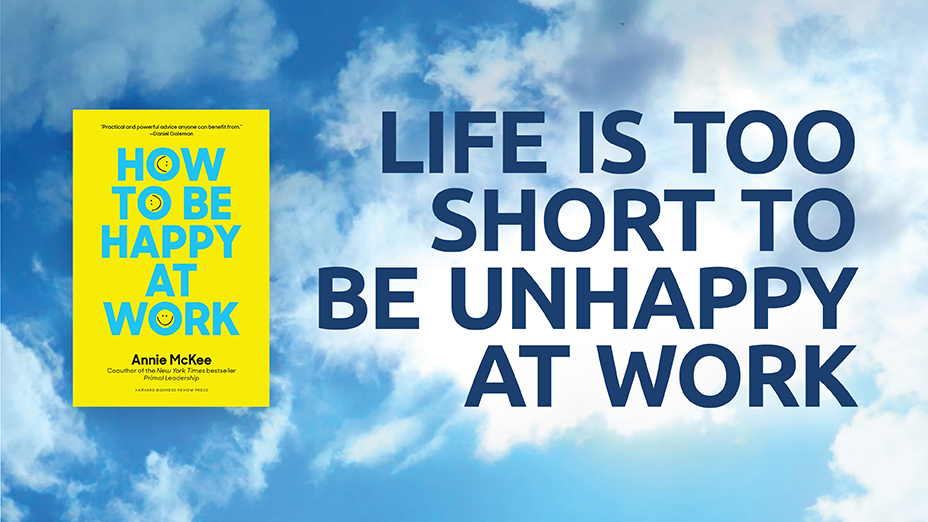A few times a week, I get requests for advice on negotiating a job offer. They usually start like this: I’m in the recruiting process, and I just received an offer from the organization that I want to join. I’d like to sign, but I was hoping for a higher salary. What should I do?
According to conventional wisdom, the best way to boost your salary is to get an offer from a competing employer with a higher salary. It’s true that a competing offer gives you leverage, but many people find this strategy distasteful. If you’ve already decided where you want to work, and you’re not well along the way with other employers, it’s disingenuous to start interviewing elsewhere, not to mention a waste of your time.
"Advice-seeking is a powerful way to have influence without authority."
In many cases, I’ve proposed a different strategy. It requires no hardball negotiating and keeps your integrity intact.
It’s an approach that I used during three years negotiating advertising contracts, where I started out as a doormat but somehow ended up setting a few company records. Since then, I’ve taught it in my negotiation courses to executives and students, and it proves highly effective.
The starting point is to approach someone in the organization who (a) you trust, (b) has some influence, and (c) has a vested interest in hiring you. From there, there are three steps to follow:
1. Express your enthusiasm: “I’m thrilled about the offer. This is my first choice, for the following reasons, and I’d love to join.
2. Explain your contribution and/or need: “I just have a few questions about the terms that I’d like to address before I’ll be ready to sign."
The merit version: "I know this position often pays $Z, and I believe I can add enough value to earn it.”
The need version, if you're comfortable: "I put myself through school as an investment in education, and I’m in debt $X from student loans. I’ve calculated the cost of living at $Y; I’m concerned about being able to support myself and my family. "
3. Ask for advice: “I trust you, and I’d very much value your recommendations. What would you suggest?”
By that point, according to clever studies by researcher Katie Liljenquist, three things tend to happen. First, you’ve flattered the contact. As biographer Walter Isaacson wrote, Benjamin Franklin excelled at appealing “to their pride and vanity by constantly seeking their opinion and advice,” and found that “they will admire you for your judgement and wisdom.”
Second, you’ve encouraged your contact to take your perspective. In order to give you advice, the person has to walk in your shoes. With that usually comes a bit of identification and empathy: “I remember when I was in a situation like that.”
Now that the contact has a good feeling about you and appreciates your dilemma, you’re in for the third response: commitment. In the best case scenario, the contact will take the initiative to advocate for you directly. Failing that, you’ll gain some valuable advice about who to approach and how to make your case, as well as some possible history on precedents for negotiating in your role.
"If you’re worried about manipulation, I have some good news: it doesn’t work if it’s not authentic."
Advice-seeking is a powerful way to have influence without authority. If you’re worried about manipulation, I have some good news: it doesn’t work if it’s not authentic. When Liljenquist instructed people to use advice-seeking as an influence strategy, their negotiating counterparts saw right through it. It was only effective when people were genuinely interested in learning from the contacts they sought out.
In most situations, I find that this strategy is just as effective as the hardball approach. When it doesn’t work, people sometimes develop doubts about taking the job, and it becomes appropriate to continue interviewing elsewhere. Once a comparable offer comes in, it’s still not necessary to play hardball.
All you need to do is share the terms of the competing offer, and say, “I’d rather come here. Is there anything you can do to make this an easier decision for me?”
More often than not, the answer is yes.




.png)




What Did You Think?